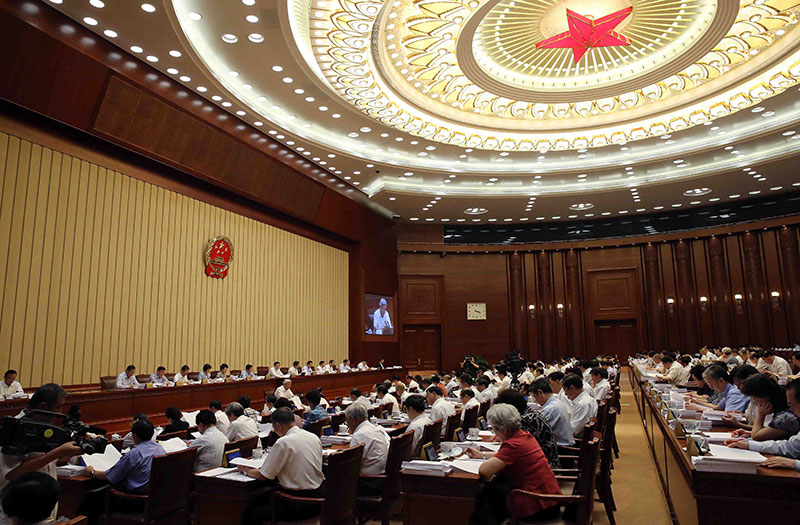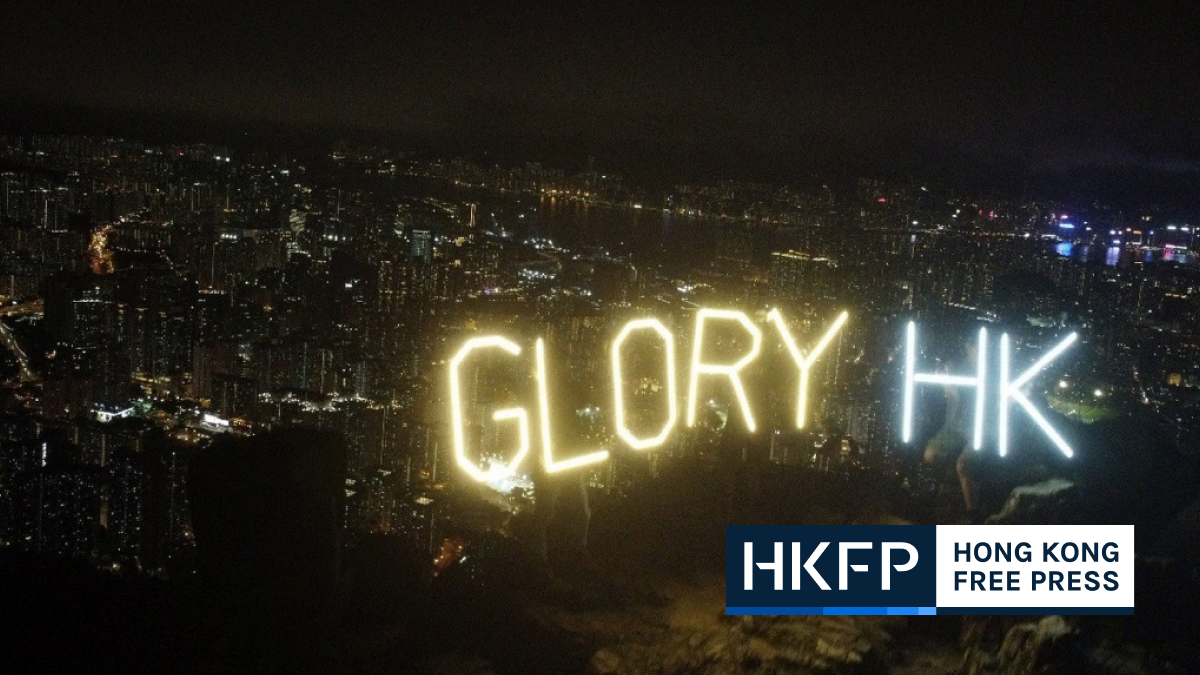Beijing’s top legislature plans to stamp out the influence of Hong Kong’s district councillors in its latest move to diminish the city’s opposition, according to local media citing sources. It comes just over a year after the pro-democracy camp won all but one of the district councils.
China’s Standing Committee of the National People’s Congress (NPCSC) began their regular session on Tuesday. The top legislature reportedly plans to review the qualifications of district councillors and revamp the election committee responsible for electing the city’s leader.

Sources cited by Now TV said that the NPCSC would handle issues of Hong Kong district councillors’ qualifications and expand the committee’s earlier decision on legislative councillors to the regional councils. According to a HK01 source, district councillors whose actions or speeches that were deemed to have “breached the red line” would be seen to have violated their oath of office, and will be unseated.
In November, the NPCSC delivered a decision stating that legislators who promote or support independence, refuse to accept China’s sovereignty over Hong Kong, appeal to foreign forces to interfere with the region’s affairs or endanger national security will lose their eligibility to remain in the Legislative Council (LegCo).

As a result of Beijing’s decision in November, four democrat lawmakers were ousted from the Legislative Council, and rest of the pro-democracy legislators resigned in protest.
Election committee overhaul
Aside from the potential disqualification of district councillors, other media sources indicated that Beijing would also overhaul the Chief Executive’s election committee. The SCMP cited Beijing insiders as saying that the NPCSC was planning to scrap the 117 district councillor seats in the 1,200-person committee which selects the city’s leader.
Currently, 452 district councillors vote among themselves to fill the 117 seats in election committee.

In the 2019 district council election, Hong Kong’s democrats gained control of 17 out of the city’s 18 district councils, winning 392 seats.
Sources from the SCMP added that the 117 seats may be replaced with representatives from other sectors, including NPC delegates and members of the Chinese People’s Political Consultative Conference (CPPCC) – one of the country’s political advisory bodies.
All five seats in the District Council (Second) constituency at the Legislative Council could also be axed, sources told the newspaper.
Currently, candidates of the five seats, also known as “super district councillor” seats, must be district councillors who are nominated by 15 other district councillors.
Democrats had an edge in the constituency following the most recent legislative council elections, winning three out of the five seats in the election in 2016. The 2020 legislative race was postponed for a year with the authorities citing concerns over Covid-19.
Last December, Chief Executive Carrie Lam said in response to a question by HKFP that new pro-democracy district councillors would be treated the same as their pro-Beijing predecessors: “There is no question of the government’s commitment to continue to respect the roles and functions of the district council.”
The regular session of the NPCSC ends on Saturday, when an announcement is expected to be made.
Support HKFP | Policies & Ethics | Error/typo? | Contact Us | Newsletter | Transparency & Annual Report | Apps
Help safeguard press freedom & keep HKFP free for all readers by supporting our team
























